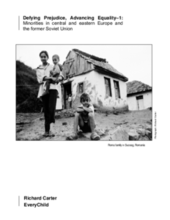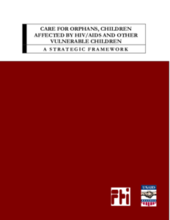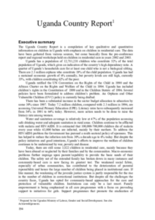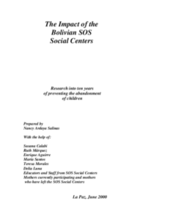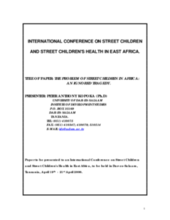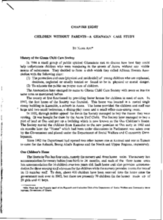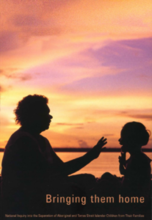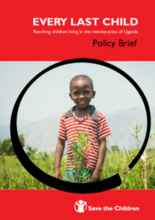Displaying 491 - 498 of 498
Analyzes discrimination against minorities in Central and Eastern Europe and the former Soviet Union. Suggests projects to counter discrimination and includes points for good practices in dealing with prejudice.
A summary of comprehensive care needs for children affected by AIDS. Includes several case studies which highlight key components of comprehensive program design, implementation and evaluation.
Country report of Uganda on the situation of children in residential care in anticipation of the Second International Conference on Children and Residential Care: New Strategies for a New Millennium, to be held in Stockholm 12 – 15 May 2003.
Extensive report on the institutional- and family-level impacts of SOS Social Centers in Bolivia. Includes recommendations and lessons learned.
Examines initiatives taken to protect street children in Africa. Emphasis on increasing community and NGO participation in local responses.
This chapter provides an overview of a child care institution, the Osu Children’s Home, in Ghana.
This report from Australia's Human Rights and Equal Opportunity Commission aimed to trace the past laws, practices and policies which resulted in the separation of Aboriginal and Torres Strait Islander children from their families by compulsion, duress or undue influence, and the effects of those laws, practices and policies.
This Policy Brief focuses on children living in the remote areas of Uganda and looks at the challenges these children face in attaining their rights to survival, learning and protection.

